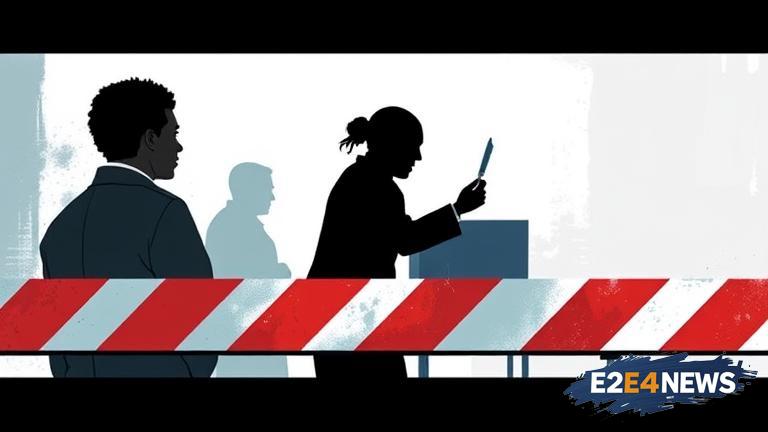The right to vote is a cornerstone of American democracy, but for Black Americans, exercising this right is becoming increasingly challenging. In recent years, a wave of restrictive voting laws has swept across the country, disproportionately affecting African American communities. These laws, often justified as measures to prevent voter fraud, have been criticized for their discriminatory impact. One of the primary barriers is voter ID laws, which require citizens to present specific forms of identification at the polls. While this may seem like a reasonable requirement, it can be a significant obstacle for many Black Americans who lack the necessary documents or face difficulties in obtaining them. Furthermore, the closure of polling stations in predominantly Black neighborhoods has reduced access to voting locations, forcing many to travel longer distances to cast their ballots. The reduction of early voting periods and the elimination of same-day registration have also limited opportunities for Black Americans to participate in the electoral process. Additionally, the use of gerrymandering to redraw electoral district boundaries has diluted the voting power of Black communities, making it more difficult for their voices to be heard. The impact of these barriers is not limited to the voting process itself but also has a broader effect on the democratic system as a whole. When certain groups are disenfranchised, their interests and concerns are less likely to be represented in government, leading to policies that do not address their needs. This can result in a lack of trust in the political system and a sense of disconnection from the democratic process. The history of voting rights in the United States is complex and marked by struggles for equality. The Voting Rights Act of 1965 was a significant milestone in this journey, aiming to eliminate racial discrimination in voting. However, the Supreme Court’s decision in Shelby County v. Holder in 2013, which struck down a key provision of the Act, has allowed many of the restrictive voting laws to take effect. The response to these challenges has been varied, with many organizations and individuals working to protect and expand voting rights. This includes efforts to register more voters, educate citizens about their rights, and advocate for policies that make voting more accessible. Despite these efforts, the struggle to protect voting rights for Black Americans is ongoing. It requires continued vigilance and action to ensure that the fundamental right to vote is preserved for all citizens, regardless of race or background. The issue of voting barriers for Black Americans is not just a matter of racial equality but also of democratic integrity. When any group is disenfranchised, the legitimacy of the electoral process is undermined. Therefore, addressing these barriers is essential for maintaining a healthy and inclusive democracy. The solution to these challenges will require a multifaceted approach, including legislative reforms, community engagement, and legal action. It is crucial for policymakers, civil rights organizations, and individual citizens to work together to protect and expand voting rights, ensuring that the voice of every American is heard in the democratic process. Ultimately, the fight against voting barriers is a fight for the very essence of democracy: the equal participation of all citizens in the shaping of their country’s future.
